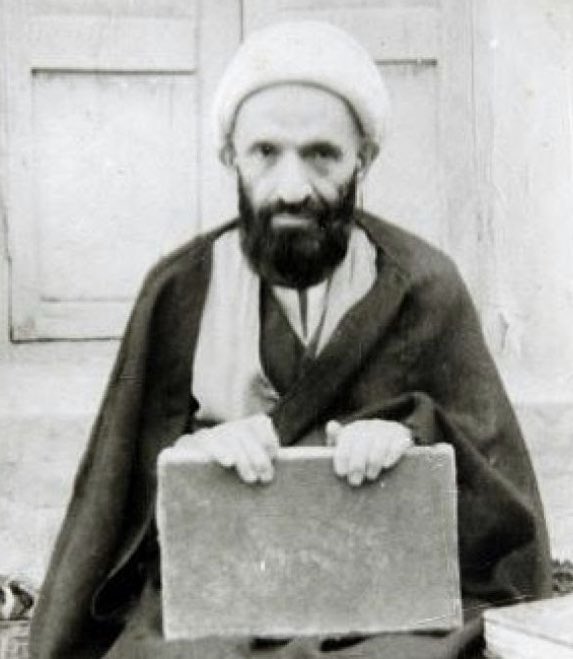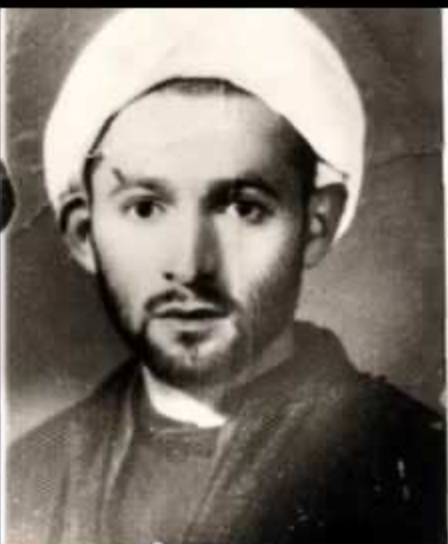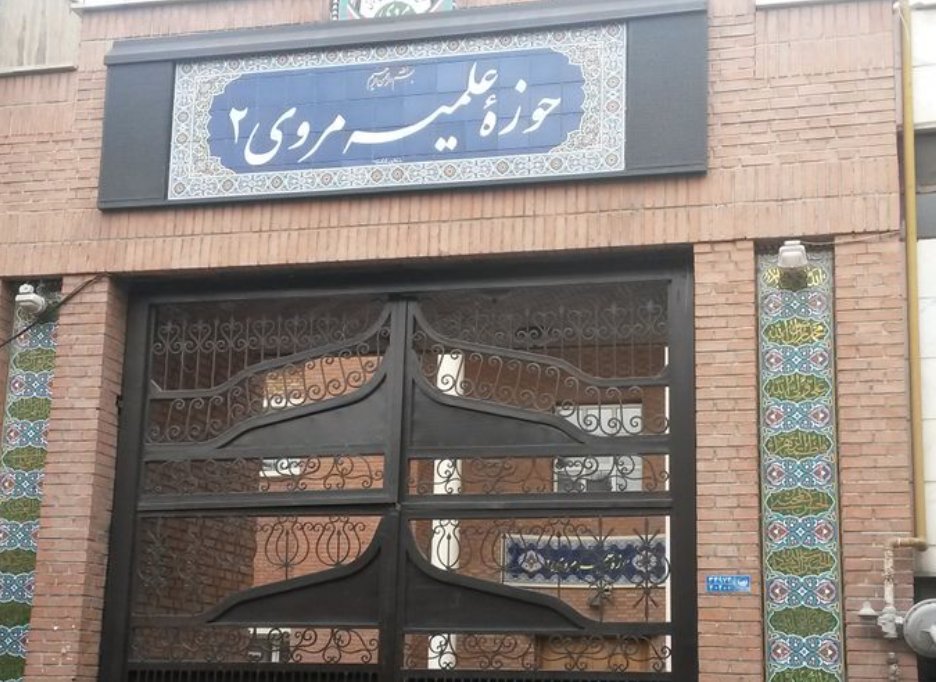There were a number of attempts by the #hawza to respond to the challenges of #materialism all the way from #naturalism to #Marxist #dialectical materialism including this work of #MuhammadTaqiAmuli (d. 1971 #ShiiTheology #kalam_jadid 1/ 

Earlier there was the poem of #MuhammadHusayn Isfahani in Najaf entitled #Tuhfat_al_hakim published in the late 90s with the glosses of #MehdiHaeriYazdi (d. 1999) #ShiiTheology #kalam_jadid 2/
#AllamaTabatabai (d. 1981) works #Usul_e_falsafeh #BidayatalHikma and #NihayatalHikma are similar responses to materialism and working out the scope for #metaphysics and the life of the mind #ShiiTheology #kalam_jadid 3/
First came across #MuhammadTaqiAmuli for his glosses on the #Sharh_e_manzuma of #Sabzavari (d. 1873) - it’s an Avicennising commentary #ShiiTheology #kalam_jadid 4/ 

#Amuli had studied in #Najaf with the aforementioned #Isfahani as well as #SayyidAliQadiTabatabai well known for his mystical teachings and also a teacher of #AllamaTabatabai #ShiiTheology #kalam_jadid 5/
We sometimes associate #kalam_jadid with relatively fluffy socially engaged works but as #Amuli #Tabatabai and others show some of these were philosophically serious even when their reception of #materialism was not necessarily the best 6/
#Amuli (b. 1887) had studied at the #Madrasa_e_Sepahsalar with #MirzaHasanKermanshahi (d. 1919) the works of #Avicenna and the #SharhFususalHikam of #Qaysari #ShiiTheology 7/
In 1922 #Amuli moved to Najaf where he studied jurisprudence with #Na’ini #SayyidAbulHasanIsfahani and #Isfahani as well as #DiyaddinIraqi and from 1931 started studying #ethics #mysticism with #SayyidAliQadi 8/
In 1934 #Amuli returned to #Tehran and became a major leader in the #Pahlavi period and lead a rebuke against normalising relations with #Israel in 1961 #ShiiTheology 9/
His #DuraralFawaid is a very useful commentary on #Sabzavari mktba.net/library.php?id… #ShiiTheology 10/
There are a few other works of #Amuli including the one before, another on the nature of divine simplicity and a third on #divine_attributes #ShiiTheology 11/
This work on #kalam_jadid looks very useful #ShiiTheology books.google.co.uk/books?id=ydlRD…درر+الفوايد+آملي&source=bl&ots=7D29nkeVdI&sig=ACfU3U2fZwOBvccYpy4moBoUBhj61cAaag&hl=en&sa=X&ved=2ahUKEwiT7Ov_rcXnAhVAQUEAHf4FAsYQ6AEwC3oECAQQAQ#v=onepage&q=درر%20الفوايد%20آملي&f=false
• • •
Missing some Tweet in this thread? You can try to
force a refresh
















